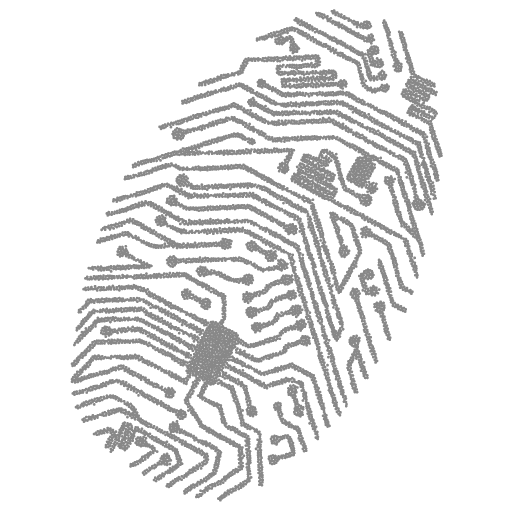The City of London Corporation announced in October 2017 that it would establish a new court in London for dealing with cybercrimes. This will reaffirm London’s status as a world financial centre and the best place to run businesses and solve disputes. Other states are also considering establishing such courts. In our view, Poland should not fall behind and should set one up too.
Our firm has seen an increase in cybercrime litigation cases, particularly over the last two years. Examples are: manipulating e-mail correspondence in order to change the details of transfers of funds, phishing, security breaches in servers and theft of confidential data, attacks on devices connected to the internet, malware, thefts of cryptocurrencies on deposit with cryptocurrency exchanges and public wallets, and fraudulent operations of algorithms on various websites.
Continue reading “Do we need a special court for cybercrime cases?”
